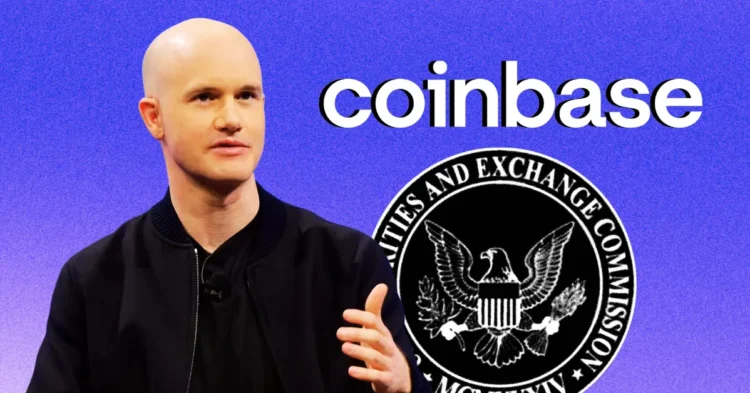The Federal Deposit Insurance Corporation (FDIC) has recently come under fire for heavily redacting documents requested by Coinbase, a leading cryptocurrency exchange. Coinbase had sought information regarding the government’s actions towards the crypto industry. However, the extensive redactions by the FDIC have raised suspicions that crucial details might be concealed.
Judge Criticizes FDIC’s Actions
On December 12, 2023, in a significant legal development, Judge Ana C. Reyes reprimanded the FDIC for failing to adhere to a court order. The judge accused the agency of lacking transparency, a stance that resonated with Coinbase’s complaints. The exchange argued that the redactions were so extensive they impeded understanding of the FDIC’s stance on governmental actions against cryptocurrency. Consequently, the judge ruled against the FDIC, highlighting their lack of openness with the court.
Coinbase Questions What’s Being Hidden
Paul Grewal, Chief Legal Officer at Coinbase, took to social media to express his disappointment and suspicion, questioning, “What is the FDIC working so hard to hide?” His comments reflected a broader concern within the crypto community about potential governmental overreach. Many fear that this legal battle is indicative of a more extensive effort to stifle innovation within the cryptocurrency sector.
Crypto Regulations Under the Spotlight
The implications of this case extend beyond the immediate parties involved, casting a spotlight on the future of cryptocurrency regulation in the United States. There is a growing belief that these actions are linked to a government initiative termed “Operation Choke Point 2.0.” Critics argue that this initiative seeks to constrain crypto businesses, thereby hindering the sector’s growth.
Amid upcoming changes in U.S. government leadership, there is cautious optimism within the crypto community. The election of Donald Trump is seen as potentially signaling a new era for cryptocurrency. Furthermore, significant resignations, including SEC Chair Gary Gensler and FDIC Chair Martin Gruenberg, have paved the way for new, possibly more crypto-friendly leadership. Paul Atkin, a known advocate for cryptocurrency, is set to replace Gruenberg, while Brian Quintenz, who has a favorable stance towards cryptocurrencies, may lead the Commodity Futures Trading Commission (CFTC).
In this evolving landscape, the ongoing legal battles, such as the Coinbase and Ripple vs. SEC case, may serve as pivotal examples of the need for fair and transparent judgment in cryptocurrency regulation. The outcome of these cases could potentially lead to a regulatory framework that balances government oversight with the freedom to innovate within the crypto space.











